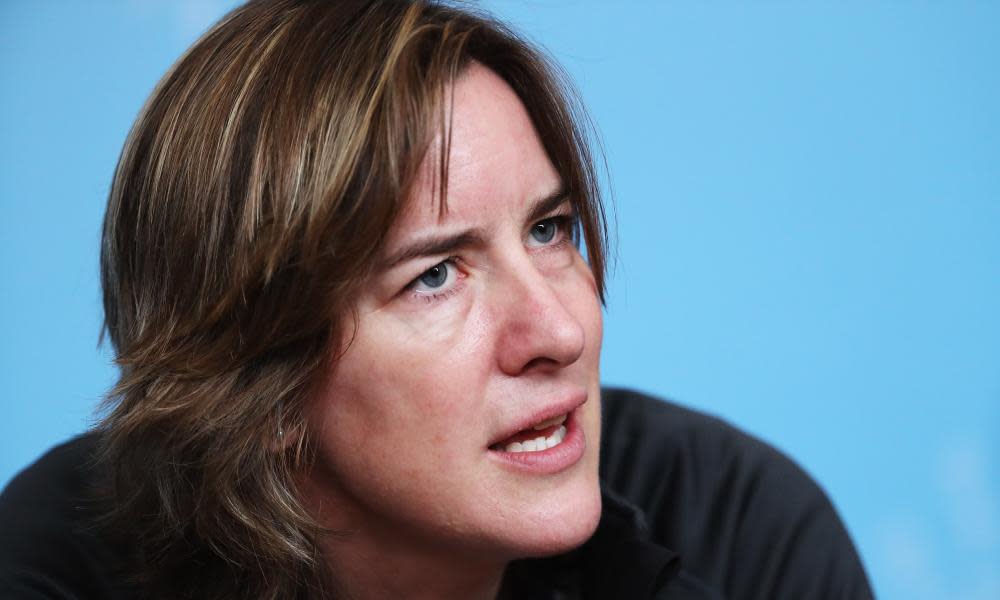UK Sport chair Katherine Grainger says bullying and abuse will be eradicated

UK Sport has pledged to “identify, confront and eradicate” bullying and abuse in the high-performance system in the wake of the staggering allegations across British gymnastics.
The funding body for Olympic and Paralympic sport also warned it could cut money to individual sports if they continued to misbehave, although that would be as a last resort.
Addressing the shocking revelations in gymnastics the UK Sport chair, Katherine Grainger, said she had read the multiple claims of abuse with a “mix of disappointment, disbelief, deep, deep sadness and frequent anger” and promised that the depth of her concern was matched by her determination to tackle it.
Related: Sport's cascading tales of abuse and fear demand action from the very top | Sean Ingle
“While UK Sport is a leadership body, not a governing body, we do fully accept the role we all must play in ensuring that bullying or abusive behaviour is identified, confronted and eradicated,” she said.
Grainger’s comments came at the launch of UK Sport’s latest cultural health check, which found 10% of British Olympic and Paralympic athletes had experienced or witnessed “unacceptable behaviour” in the system – although that figure was down from 24% two years ago.
But the survey of nearly 900 athletes also found 49% believed there were consequences when people in the system behaved badly – compared with 64% in 2017.
Sally Munday, the chief executive of UK Sport, insisted the vast majority of people in the system were doing the right thing but warned there was no room for anyone who did not want to behave to the highest standards of ethics and integrity.
Related: British Gymnastics head 'appalled and ashamed' at multiple abuse stories
“We do have the ultimate power of taking money away,” she said. “We won’t shy away if we feel that is the requirement. The important thing is how we can help sports to learn and improve. What we have to be really conscious of, if we take money away from the sport, is that ultimately potentially we are directly impacting on the athletes themselves.”
Last month Britain’s top women’s gymnastics coach, Amanda Reddin, temporarily stepped down after being placed under investigation following allegations about her conduct. It came after the British gymnast Ruby Harrold claimed Reddin had presided over a “culture of fear” at training camps in Lilleshall, and described food portions that left her and her fellow gymnasts hungry. Other GB Olympians – including Ellie and Beckie Downie, Louis Smith, Nile Wilson and Amy Vickers – have also expressed concerns about the culture in gymnastics in Britain.
Munday said she did not want to talk too much about GB Gymnastics given an independent review into the organisation was under way. However, she said: “Let me state this categorically. For anyone who doesn’t want to adhere to the highest standards of ethics and integrity, my message is clear, you are not welcome in Olympic and Paralympic sport.”
UK Sport also announced it would be training 300 “mental health champions” and creating 200 “culture champions” across the high-performance system to help improve athletes’ mental health and wellbeing. It also pointed to figures showing 79% of GB athletes believed measures had been put in place to improve their mental health compared with 65% when the question was asked in 2018.


